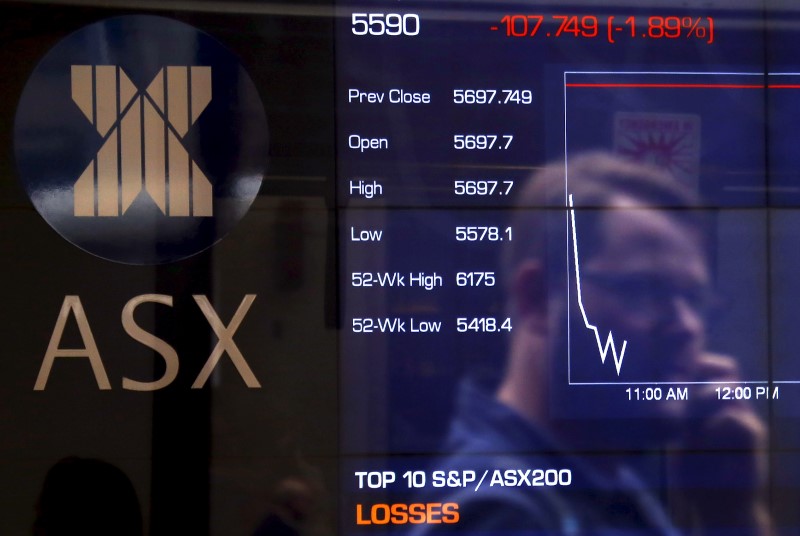Australian shares are poised to open more than 1% higher today as hopes that China might be about to ease COVID-19 restrictions and re-open to the world set markets abuzz in Europe and America.
ASX futures were up 91 points or 1.32% to 6,976 early this morning.
Markets buoyant, tech the exception
Overnight the Dow Jones was up 402 points or 1.3%, the S&P 500 gained 1.4% and the Nasdaq rose by 132 points or 1.3%, though over the week there were net losses, with the Dow slipping 1.4%, the S&P 500 dropping 3.3% and the Nasdaq falling 5.6%.
US jobs figures are down, with unemployment increasing slightly from 3.5% to 3.7%, which is adding to hopes that the Fed will have to slow the pace and margin of rate hikes from here.
The Aussie dollar was also buoyant, up 2.88% to 64.70 US cents on the back of a stronger outlook for commodities.
Winners and losers included BHP (ASX:BHP) (up 9.8%) Rio (up 10%) and Alphabet (NASDAQ:GOOGL) (up 3.8%), while Atlassian (NASDAQ:TEAM) suffered a staggering 29% drop in its share price and Meta prepared to lay off 2,000 staff.
Europe bets on easing Chinese restrictions
Across Europe, it was all about China re-opening and the milder autumn, which means the Russian gas squeeze isn’t going to hurt just yet. Shares across the continent were up more than 2%.
German Chancellor Olaf Scholz is betting on a re-opening of the world’s second-largest economy. The chancellor turned up in Beijing on Friday with a delegation of captains of German industry, keen to talk trade and no doubt hoping to convince Chinese leader Xi Jinping to relax COVID-19 restrictions.
This comes as reports out of China suggest it “will make substantial changes to its 'dynamic-zero' COVID-19 policy in coming months."
Director identification
By the end of this month, it will be mandatory for all company directors covered by the Corporations Act to have a unique ID, enabling them to be tracked through various government databases.
The measures have been introduced by the Australian Taxation Office (ATO) to crack down on ‘dummy directors’ and ‘phoenixing’, which is where a company that has crashed or failed can simply re-start under a different name.
The new requirement for director IDs will mean that directors need to be in the system as real people rather than made-up identities. It will cover those running major entities as well as a number of smaller businesses and other organisations.
This could put more than a million current directors out of business and face fines of up to $13,000.
In other news
Global oil prices rose by as much as 5% at the end of last week, on the back of renewed hopes for a US scale-back of rate rises and China’s anticipated re-opening.
Brent crude rose by US$3.90 or 4.1% to US$98.57 a barrel, while US Nymex gained US$4.44 or 5.0% to US$92.61 a barrel.
Over the week, Brent crude rose by US$2.80 or 2.9% and US Nymex crude rose by US$4.71 or 5.4%.
Base metals were looking stronger on Friday. Copper gained 7.1%, and over the week nickel sustained a 7.7% gain, but other metals, such as lead (up 0.1%), were flat.
Gold futures rose by US$45.70 or 2.8% to US$1,676.60 an ounce.
Spot gold was trading near US$1,680 an ounce at the US close, while over the week gold picked up US$31.80 or 1.9%. On Friday iron ore futures rose by US$1.79 a tonne or 2.1% to US$85.16 a tonne as the news out of China began to look positive – over the week, though, iron ore fell by US$7.85 or 8.4%.
